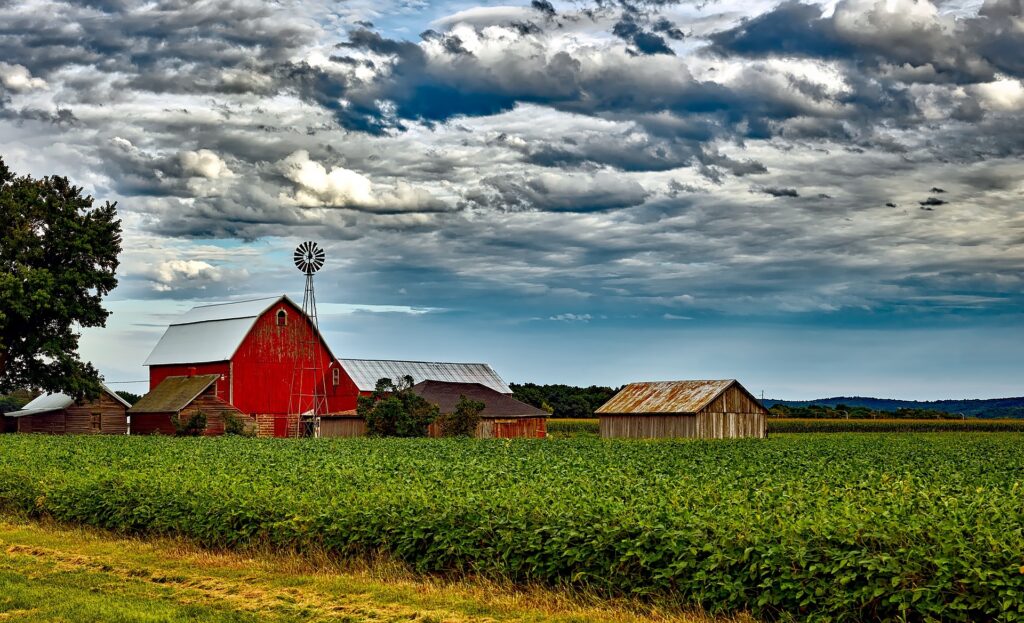LAND CHARACTERISTICS AND ITS EFFECT ON LAND VALUES
Land values are determined by various factors, and one of the most significant factors is the characteristics of the land itself. Different characteristics such as topography, soil quality, location, and climate can have a significant impact on the value of the land. In this article, we will discuss the different land characteristics and their effect on land values.
Topography: The topography of the land refers to its physical features, such as the slope, elevation, and shape. A flat, even surface is generally more desirable than a steep slope or a hilly terrain. This is because flat land is easier to develop, and it requires less excavation and grading work. Steep slopes, on the other hand, can be challenging to build on, and they may require additional engineering work to stabilize the land. As a result, flat land is usually more expensive than hilly land.
Soil Quality: The quality of the soil is another crucial factor in determining the value of the land. The soil type and its fertility can impact the value of the land, especially if it is intended for agricultural use. Land with good soil quality is more valuable because it can support a wide range of crops and has a higher potential for yield. Land with poor soil quality, on the other hand, may have limited agricultural potential, and therefore, lower value.
Location: The location of the land is one of the most critical factors that impact its value. Land in urban or suburban areas is generally more valuable than rural land because it is closer to amenities such as schools, hospitals, shopping centers, and employment opportunities. Additionally, land located near transportation hubs such as airports, ports, and highways may also have higher value due to its accessibility. The desirability of a location can also be affected by the proximity to natural features such as water bodies, mountains, or forests.
Climate: The climate of the area where the land is located can also affect its value. Areas with favorable climates, such as mild temperatures and ample rainfall, are generally more desirable for agriculture and outdoor activities such as recreation. However, areas with harsh climates, such as extreme temperatures, low rainfall, or frequent natural disasters, may have lower land values due to the risks associated with them.
Conclusion: In conclusion, land characteristics are significant determinants of land value. Different factors such as topography, soil quality, location, and climate can have a significant impact on the value of the land. A good understanding of these factors is essential when making decisions about land use, development, and investment. Therefore, it is crucial to conduct a thorough analysis of the land characteristics before making any decisions.


